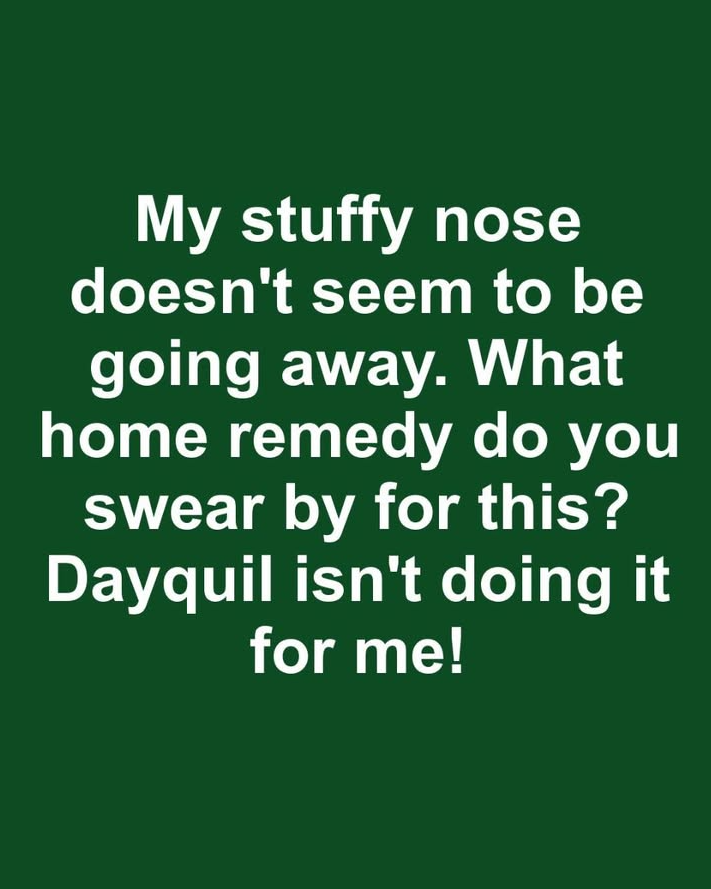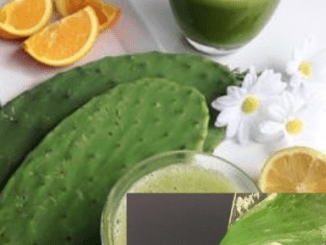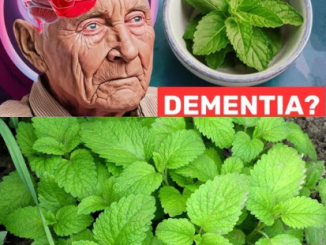
Why Nasal Congestion Feels So Miserable
A stuffy nose may seem minor, but anyone who’s experienced it knows how frustrating it can be. Breathing feels restricted, sleep becomes a battle, and even everyday tasks can feel exhausting. Often linked to colds, allergies, or sinus infections, nasal congestion happens when the tissues inside the nose swell from inflammation. Sometimes, though, it lingers far longer than expected—and that’s when it becomes more than just a nuisance.
Understanding the Real Causes of a Stuffy Nose
Nasal congestion isn’t always as simple as “I caught a cold.” It can be triggered by multiple factors:
- Viral infections like the common cold or flu
- Allergies to dust, pollen, or pet dander
- Sinus infections that trap mucus in the nasal cavities
- Environmental irritants such as smoke or pollution
- Structural issues like a deviated septum
Identifying the root cause is key. For example, if allergies are to blame, decongestants won’t solve the problem. Instead, you’ll need to address the allergic response itself.
Why Over-the-Counter Medicines Don’t Always Work
Products like Dayquil may bring short-term relief, but they’re not designed to tackle every cause of congestion. If allergies or chronic sinusitis are behind your stuffy nose, medications might only mask symptoms. Overusing nasal sprays or decongestants can even cause rebound congestion, making the problem worse. That’s why many people turn to natural remedies to find longer-lasting comfort.
Exploring Natural Remedies for Stuffy Noses
When medication falls short, home remedies can offer relief without harsh side effects. These methods focus on reducing swelling, clearing mucus, and making breathing easier. Let’s look at some of the most effective solutions people swear by.
The Comfort of Steam Inhalation
Steam therapy is a tried-and-true remedy that works by loosening thick mucus and reducing nasal inflammation. Boil water, pour it into a bowl, lean over it, and drape a towel over your head to trap the steam. Adding a few drops of eucalyptus or peppermint oil can intensify the effect, helping open nasal passages even more.
Video : How to get rid of a stuffy nose instantly and fast
Saline Sprays for Gentle Moisture
If your nasal passages feel dry and irritated, a saline spray is your best friend. It hydrates, thins mucus, and soothes inflammation. Unlike medicated sprays, saline can be used as often as needed without side effects. It’s especially useful for those living in dry climates or during winter when indoor heating strips the air of moisture.
Essential Oils as Natural Decongestants
Eucalyptus, peppermint, and tea tree oils are nature’s decongestants. Whether diffused in the air, mixed with a carrier oil for topical use, or added to steam inhalation, they help reduce inflammation and unclog blocked passages. Just a few drops can transform the way you breathe.
Hydration: The Unsung Hero of Relief
Drinking plenty of fluids might sound basic, but it’s powerful. Water, broths, and herbal teas thin mucus, making it easier to expel. Warm liquids are especially soothing—they calm the throat while hydrating the body. Think of it as giving your body the tools it needs to flush congestion away.
Humidifiers and Better Air Quality
Dry indoor air can make congestion feel worse. A humidifier restores moisture, keeping nasal passages hydrated and less irritated. This simple change can dramatically improve nighttime breathing and prevent your nose from drying out while you sleep.
How Diet Plays a Role in Congestion
Believe it or not, your diet can either ease or worsen nasal blockage. Spicy foods, like chili peppers, temporarily clear passages by thinning mucus. On the flip side, dairy can increase mucus production for some people. A nutrient-rich diet—especially one high in fruits, vegetables, and omega-3 fatty acids—supports your immune system and helps reduce inflammation overall.
Herbal Teas for Soothing Relief
Herbal teas such as ginger, peppermint, or chamomile do double duty: they hydrate and they heal. Ginger fights inflammation, peppermint opens airways, and chamomile calms irritated tissues. A warm cup before bed can help you sleep more comfortably when congestion tries to keep you awake.
When to See a Doctor About Your Stuffy Nose
Most cases of nasal congestion clear up with time and home care. But if it lasts more than a week, or if you develop symptoms like a high fever, facial pain, or a severe headache, it’s time to see a doctor. These signs may point to a sinus infection or other underlying issue that needs medical treatment.
Video : One Move to Clear a Stuffy Nose (Instantly!)
Conclusion: Finding What Works for You
A stuffy nose can drain your energy and patience, but relief is closer than you think. By understanding the cause of your congestion and experimenting with natural remedies like steam, saline sprays, essential oils, and dietary adjustments, you can breathe easier and recover faster. Everyone’s body responds differently, so pay attention to what works best for you. And remember—if symptoms linger, don’t hesitate to seek professional advice. Breathing freely is not just about comfort—it’s about your overall health and well-being.


